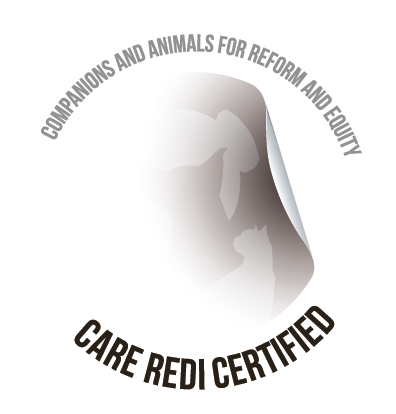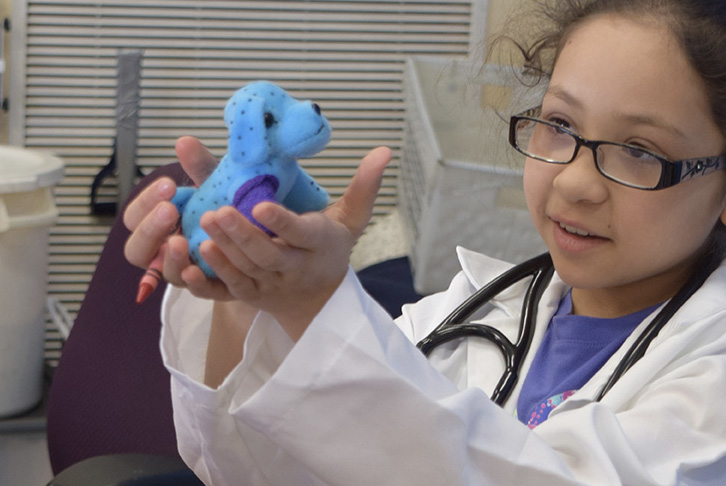Defining and acknowledging
By now, you can tell there is a lot to become aware of. The words we use and the presumptions we make can all negatively impact care. There’s another use of words that we need to explore. Many of us in the profession have a familiar experience with a certain group of phrases. Have you heard any of these?
- So, you couldn’t make it in medical school?
- You aren’t a real doctor though.
- Working with animals isn’t actually important.
- Why wouldn’t you be a real nurse?
- Animals aren’t worth it.
Or these…
- You don’t deserve a pet.
- This guy doesn’t believe in euthanasia!
- They think prayer will help!
- She should speak English.
These are examples of microaggressions.
Let’s take a step back to understand what that term means and explore what effects microaggressions have on those who experience them. Mueni Loko Rudd begins this conversation in the following video.
60% of Americans have witnessed or potentially witnessed microaggressions in the workplace
Study: microaggressions in the workplace, SurveyMonkey
The following graphic shows examples of microaggressions. Have you heard any of these? What other microaggressions have you heard or seen?


